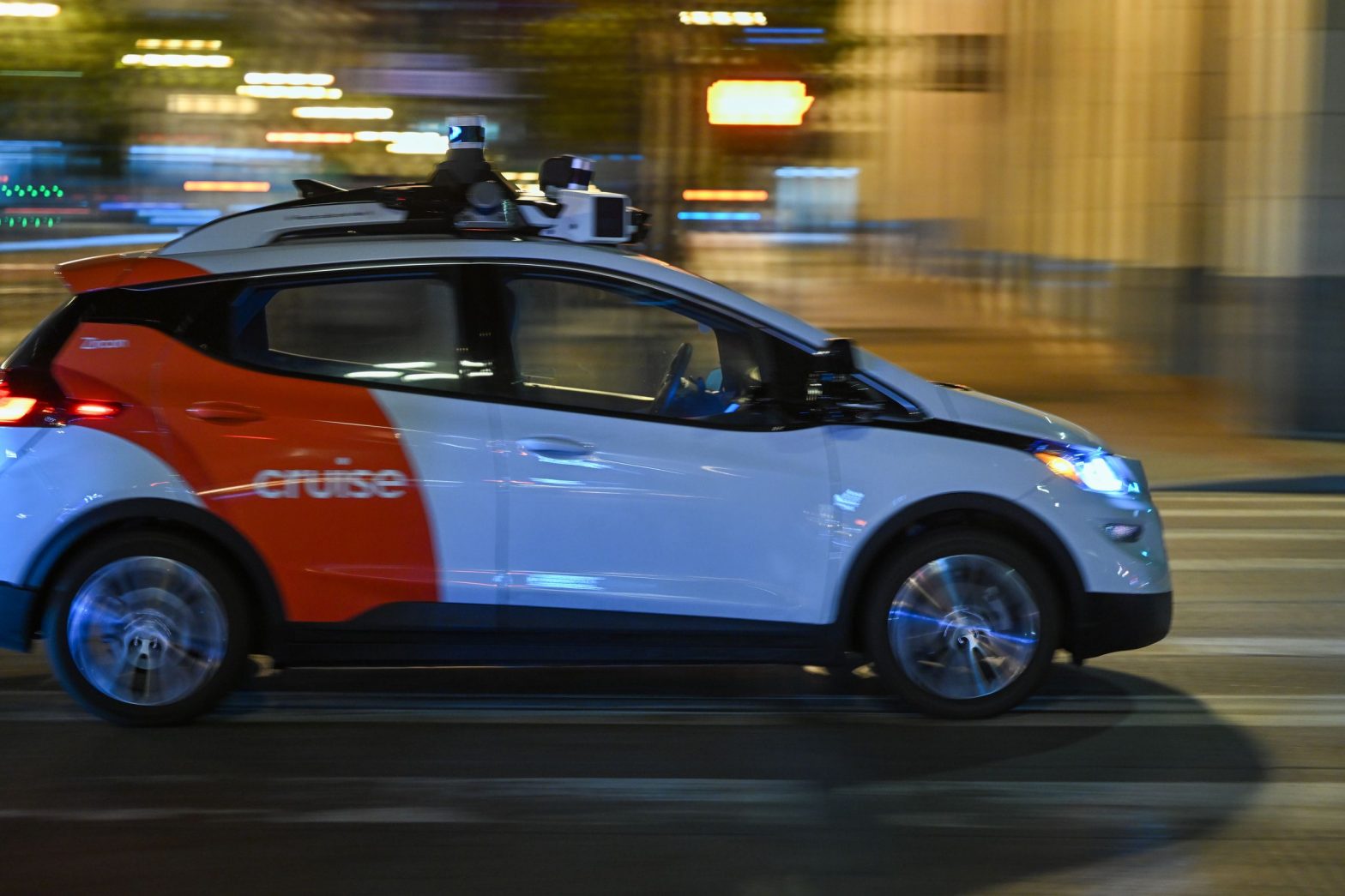/
Cruise is moving at a breakneck pace to get its driverless vehicles in more cities. The GM-backed company says it’s targeting 12 more markets in the US alone.
Share this story
:format(webp)/cdn.vox-cdn.com/uploads/chorus_asset/file/25014941/1556779089.jpg)
Autonomous vehicle operator Cruise, which is backed by General Motors, will launch a robotaxi service in Japan by 2026. It’s another sign that GM does not intend to back down from its commitment to get driverless cars in more cities as rapidly as possible.
Japan would be Cruise’s second international market, after Dubai. The announcement is being portrayed as a possible answer to the country’s driver shortage, which has been exacerbated by Japan’s aging population. Cruise currently operates robotaxis in several US cities and has said it plans to launch in 12 more in the years to come.
GM made the announcement alongside Honda, which has a three-year-old partnership to co-develop a series of affordable electric vehicles. Honda is also an investor in Cruise, which is a wholly owned subsidiary of GM. And GM and Honda co-designed the Cruise Origin, a purpose-built autonomous shuttle that is set to make its debut in the US soon.
“When we think of autonomous vehicles, the benefits are too profound to ignore,” GM CEO Mary Barra said in a press conference announcing the move.
It’s an interesting move considering the reception that Cruise’s vehicles have generated in the cities in which it operates. San Francisco, for example, is split on the fleets of driverless cars roaming its streets. Some residents are intrigued by the technology or believe driverless vehicles can make transportation more accessible for people with disabilities. Others are worried that driverless cars will take away jobs or exacerbate traffic-congested roads.
City officials, including transit, police, and fire departments, have expressed serious concerns about driverless vehicles intruding on emergency scenes, blocking intersections, and obstructing emergency vehicles. They have also been involved in a number of minor fender benders and rear-end collisions that have some residents worried about escalation as more are deployed.
In August, a Cruise robotaxi collided with a fire truck, injuring one passenger. In response, the company reduced the number of vehicles it had deployed by half while the city investigated the incident. And earlier this month, a hit-and-run launched a pedestrian in front of a driverless Cruise vehicle, trapping her underneath for some time.
